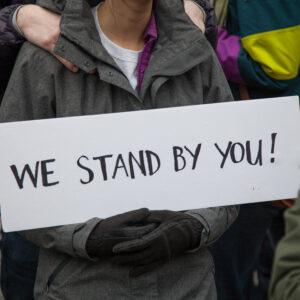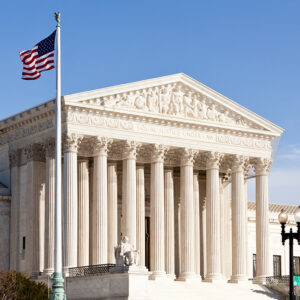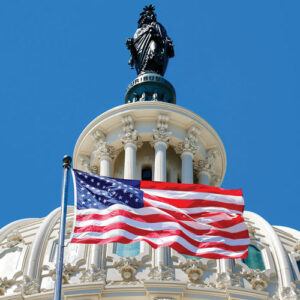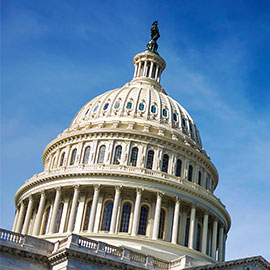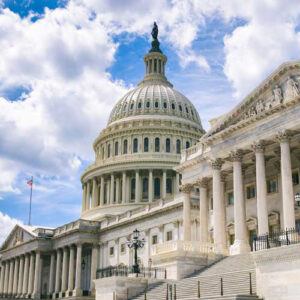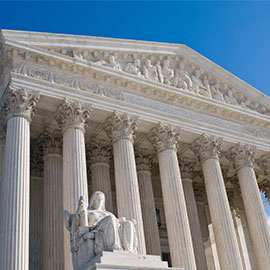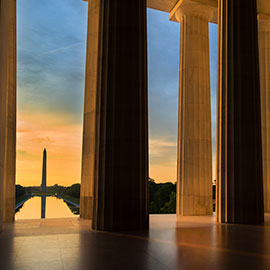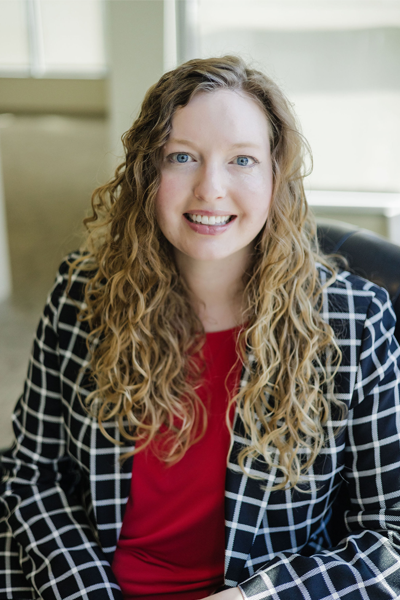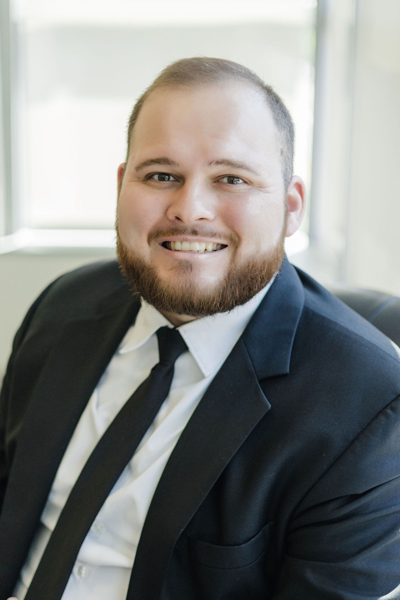Advocacy
CCCU’s Role in Advocacy for Christian Higher Education
As the leading voice for Christian higher education, the CCCU aims to be an effective, respected and honest advocate for Christ-centered higher education both in the United States and around the world. The CCCU’s advocacy primarily centers on the United States, although we represent our international institutions to U.S. governmental agencies as the need arises. The CCCU is a nonpartisan organization striving to work effectively with all political parties to advance the cause of Christ-centered education. In all circumstances, the CCCU advocates for the universal educational principles of accessibility, affordability and accountability.
Christian higher education makes unique and vital contributions to the good of the world. Our graduates, the programs on our campuses and the writing and research that flow from Christian college faculty vitally contribute to human flourishing. CCCU institutions practice a coherent approach to education that seamlessly weaves together the development of the mind, spirit, body and emotions in the quest not just for knowledge, but also for wisdom and faithfulness. CCCU institutions train future leaders who are deep thinkers and equipped doers, committed to working for the common good of their communities because of their faith in Jesus Christ.
The CCCU provides a unified voice to highlight the contributions of our institutions to the common good. We also advocate for the right of each of our institutions to practice their sincerely held religious beliefs. We uniquely position ourselves to speak to national leadership in the halls of Congress, the administration and the courts on behalf of every individual Christian college and university that is part of our association.
- Read CCCU’s 2025 Congressional Letters
- View CCCU’s 2025 Amicus Briefs
- View CCCU’s Government Relations Booklet
Judicial Advocacy
Protecting Religious Freedom in the Federal Courts
The CCCU is frequently involved in cases before the Supreme Court of the United States. The Court’s rulings impact Christian higher education’s ability to carry out its mission. The CCCU leads or joins amicus briefs as we see necessary to advance the long-term well-being of Christian higher education.
The United States is grounded in civic pluralism, which is strongest when courts protect both majority and minority voices—including a robust understanding of religious belief and practice. CCCU institutions, shaped by Christian commitments, represent convictions that differ from prevailing cultural norms. In judicial advocacy, we affirm the constitutional distinction between church and state while defending the right of faith-based institutions to operate according to their deeply held beliefs. The Church and the public square represent different spheres—but in a pluralistic society, both must be protected. Ultimately, we advocate for legal frameworks that allow Christian colleges and universities to fully participate in public life without compromising their biblical mission.
- Read CCCU’s 2024 Amicus Briefs
- View CCCU’s 2025 Amicus Briefs
Legislative Advocacy
Partnering with Congress
Congress plays a central role in shaping higher education policy through its control of federal funding, student aid, accreditation oversight and tax legislation. Because these policies directly impact Christian colleges and universities, the CCCU works proactively with both the House and Senate to ensure our institutions are well-represented and empowered to live out their Christ-centered mission.
Our legislative work includes:
- Building relationships with lawmakers and their staff
- Offering policy briefings
- Reviewing and recommending bill language
- Submitting testimony for hearings
- Coordinating letters or coalitions on key issues
We advocate for policies that:
- Uphold religious liberty
- Protect faith-based hiring rights
- Expand access to federal student aid
- Support the unique contributions of Christ-centered higher education within a pluralistic society
See our Contributions:
- View Current Year Letters
- View Last Year Letters
Executive Advocacy
Engaging Federal Agencies
Federal agencies—particularly the U.S. Department of Education—play a powerful role in shaping the environment in which Christian colleges and universities operate. While regulation can help ensure good governance and transparency in higher education, it too often becomes overly complex, costly or ideologically driven. In some cases, these regulations—intentionally or not—create barriers for faith-based institutions to operate in accordance with their religious mission.
The CCCU advocates for regulations that are fair, limited in scope and fiscally responsible, while recognizing and respecting the distinct mission of Christian higher education.
We engage directly with federal agencies by:
- Submitting public comments on proposed rules
- Drafting letters to agency leaders
- Participating in coalitions to shape guidance that supports institutional integrity without compromising religious convictions
See our engagement:
- View Current Year Letters
- View Last Year Letters
Issue Areas
For a summary of the issues in our advocacy portfolio, please refer to our most recent Government Relations Booklet.
Advocacy Resources
CCCU Advance Magazine: Why Advocacy Work is Essential
Senator James Lankford: Faith in the Public Square
Toolkit: Religious Freedom Resources
Contact Us
For questions about CCCU advocacy or to learn more, contact our Government Relations team.


